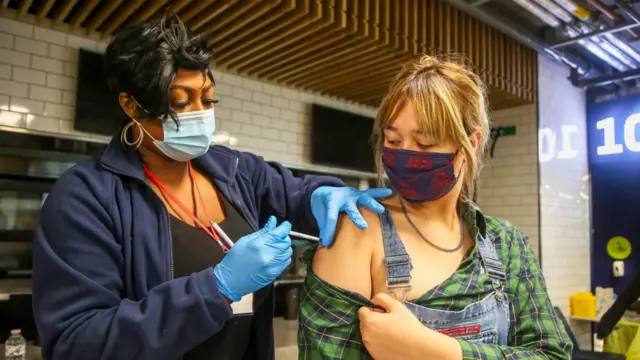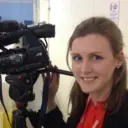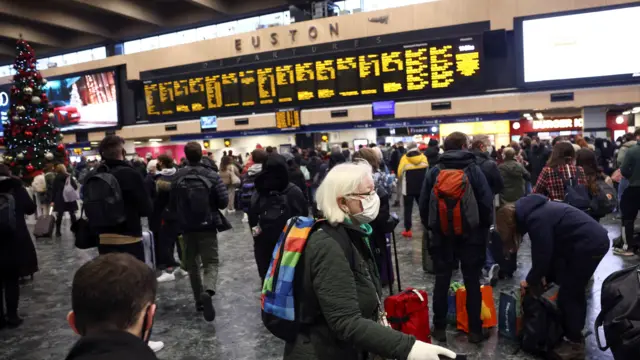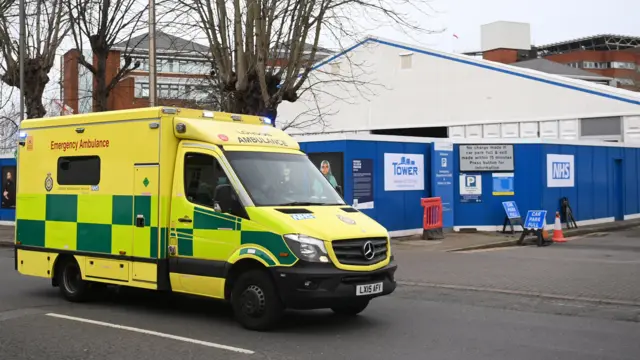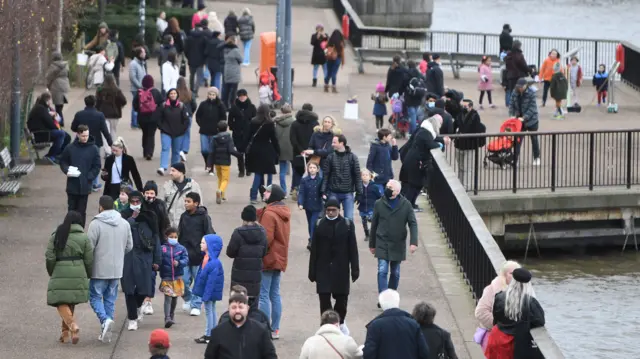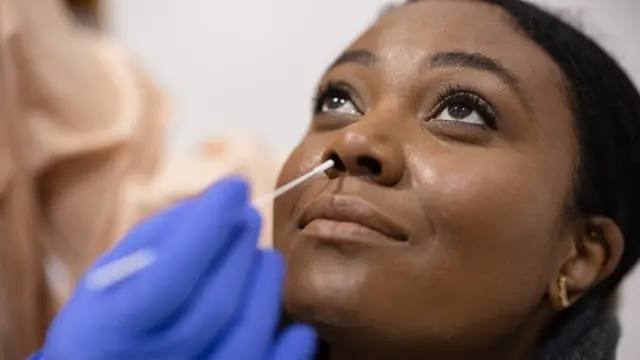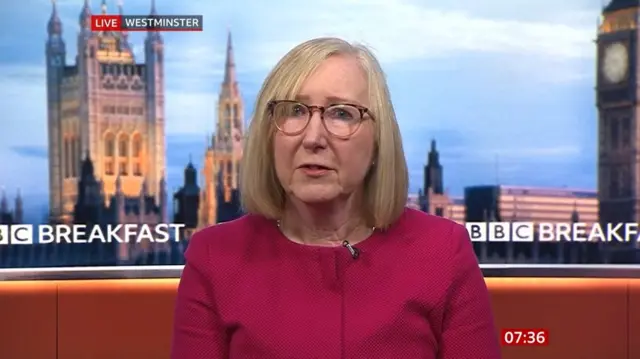Australians desperate for tests amid Omicron surgepublished at 09:40 GMT 4 January 2022
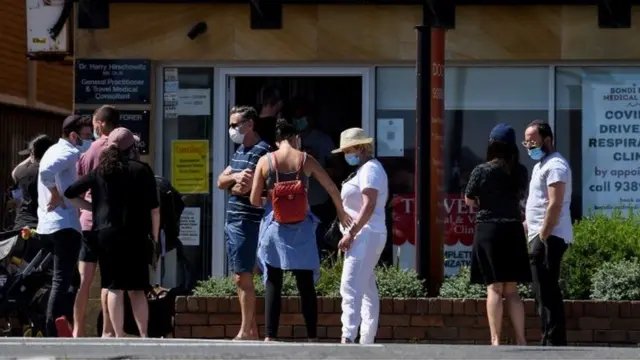 Image source, EPA
Image source, EPAThe matter of Covid test availability is not just being felt in the UK. In Australia, there's anger over test shortages after the government began restricting who is eligible to receive a PCR test free of charge last week.
The move came after tens of thousands of people spent hours queuing outside testing clinics around Christmas.
Prime Minister Scott Morrison says the new rules are aimed at alleviating pressure. But it has increased reliance on lateral flow tests - known locally as rapid antigen tests (RATs) - which people have to pay for and there have been reports of price hiking.
Morrison has argued pharmacies require certainty there will be a private market for the tests but critics say the new guidelines further disadvantage those on lower incomes, leaving them more exposed as the virus spreads.
The country lifted most of its strict domestic restrictions last month after reaching a 90% vaccination target. But the Omicron variant has fuelled a surge in cases - now totalling more than 25,000 a day.
